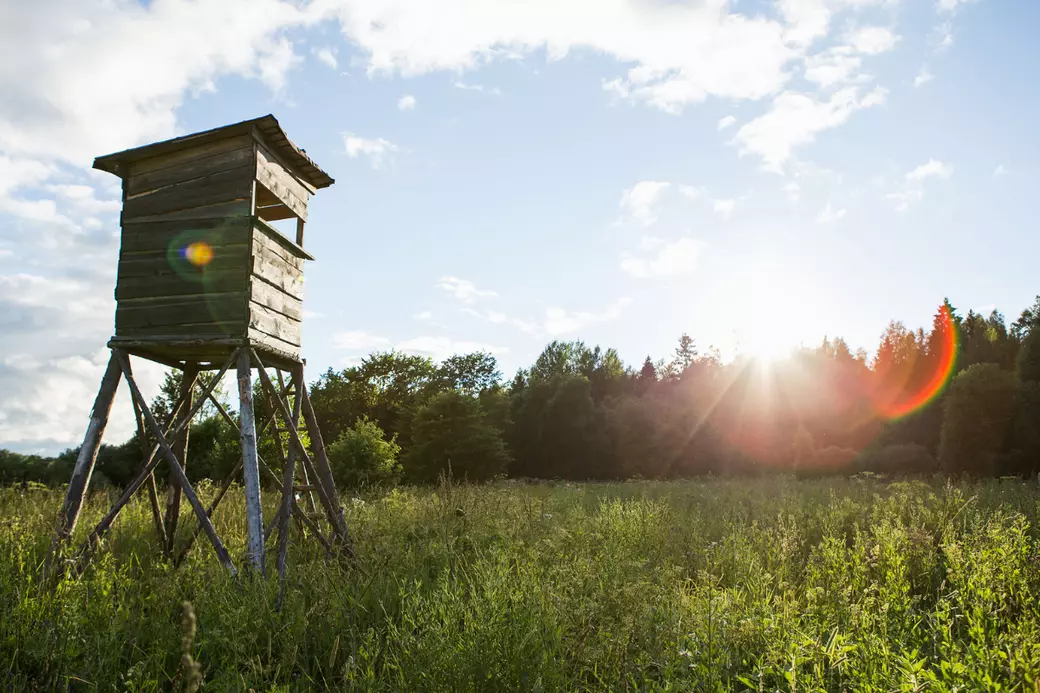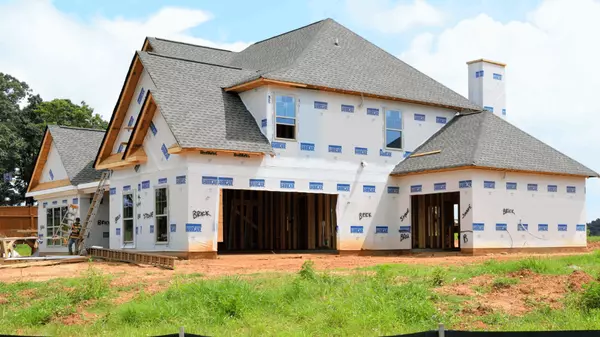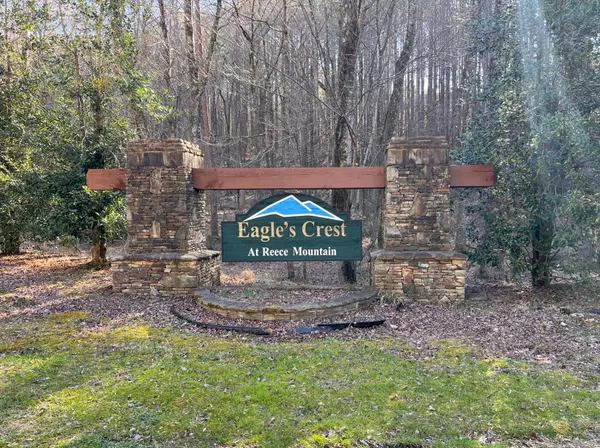How to Find the Perfect Tract of Land for Your Needs in Georgia

How to Find the Perfect Tract of Land for Your Needs in Georgia
Understanding Your Land Needs
Finding the ideal piece of land in Georgia begins with a clear understanding of your goals. Are you looking to build a home, establish a farm, create a recreational retreat, or make a long-term investment? Each of these objectives will dictate the best location, land size, and features you need.
For those seeking residential land, proximity to schools, shopping centers, and hospitals is crucial. If you’re investing in farmland, soil quality and access to irrigation play a significant role. Meanwhile, recreational land buyers often prioritize seclusion, wildlife presence, and topography suitable for hunting, fishing, or camping.
Budgeting is another key factor. Land prices in Georgia vary dramatically depending on the region. Rural areas tend to be more affordable, while land closer to metro areas like Atlanta or Savannah commands a premium. It’s essential to determine how much land you can afford and whether you need financing before beginning your search.
Researching Potential Properties
With a firm understanding of your needs, the next step is researching available properties. Several online platforms, such as LandSearch, Redfin, and LandWatch, provide detailed listings of tracts for sale across Georgia. These platforms allow users to filter results by size, price, and location, making it easier to identify properties that align with their goals.
However, digital searches only go so far. Partnering with a local real estate agent specializing in land transactions can provide invaluable insights. These professionals understand zoning laws, market trends, and hidden costs associated with purchasing raw land. Additionally, they may have access to off-market properties that aren’t listed online.
Market trends should also be considered when researching land. Some areas are experiencing rapid appreciation due to development, while others offer stability for long-term investments. Understanding how land values fluctuate in different parts of Georgia ensures you make a well-informed decision.
Key Factors to Consider Before Purchasing
Before committing to a land purchase, there are several critical aspects to evaluate:
-
Zoning and Land Use Regulations – Zoning laws dictate what can and cannot be done with a piece of land. Some areas restrict development, limit commercial use, or require minimum lot sizes for construction. Checking with county zoning offices will clarify potential restrictions.
-
Soil Quality and Percolation Tests – If you plan to build a home or farm, understanding soil composition is vital. A percolation test (perc test) assesses the soil’s ability to absorb water, which is crucial for septic system installation. Poor soil quality may lead to higher development costs or even render the land unsuitable for certain uses.
-
Access to Utilities and Infrastructure – Not all rural properties have access to essential utilities such as water, electricity, and sewer systems. Understanding whether utilities are already in place or need to be installed will impact overall costs. Some properties may require drilling a well, installing a septic system, or running power lines, all of which can add to expenses.
-
Environmental Considerations and Restrictions – Flood zones, wetlands, or conservation easements can affect how land can be developed. Reviewing environmental reports and obtaining a survey ensures you’re not purchasing land with significant usage limitations.
-
Surveying and Understanding Property Boundaries – A professional land survey provides a clear understanding of property lines, easements, and encroachments. Some tracts may have disputed boundaries, and resolving these issues before purchasing can prevent legal complications.
Securing Financing and Understanding Costs
Unlike traditional home mortgages, land loans often require higher down payments (typically 15-20%) and have shorter repayment terms. It’s beneficial to get pre-approved for a land loan before making an offer to demonstrate financial readiness to sellers.
There are several financing options available:
- Conventional Bank Loans – Banks may offer land loans but often require strong credit and a higher down payment.
- Farm Credit Institutions – Organizations like AgGeorgia Farm Credit specialize in agricultural and recreational land financing.
- Owner Financing – In some cases, sellers may offer direct financing, reducing reliance on traditional lenders.
Beyond the purchase price, buyers should account for additional costs, such as:
- Land Clearing and Grading – Preparing land for construction or agriculture can be expensive.
- Road Access and Driveways – If a property lacks a dedicated road, creating an access point may require additional investment.
- Permits and Legal Fees – Depending on the location, permits for septic systems, wells, and driveways may be required.
- Tax Incentives and Conservation Programs – Georgia offers tax breaks for land enrolled in Conservation Use Valuation Assessment (CUVA) or Forest Land Protection Act (FLPA) programs, which can reduce long-term costs.
Closing the Deal
Once you’ve identified the perfect property, the final step is making an offer and closing the transaction. It’s essential to have a strong negotiation strategy, as land prices can be flexible, especially if a seller is motivated.
A real estate attorney should review the contract to ensure there are no hidden clauses or unfavorable terms. Conducting a title search verifies that the land has no liens or ownership disputes. After signing the agreement, the closing process includes transferring the deed, paying any applicable taxes and fees, and securing land insurance.
At this stage, it’s also wise to consider future development plans and verify that the property meets all long-term goals. Whether you're planning to build immediately or hold onto the land for future appreciation, a well-executed purchase ensures you get the most value out of your investment.
Categories
Recent Posts











